Welcome to one of the most active flamenco sites on the Internet. Guests can read most posts but if you want to participate click here to register.
This site is dedicated to the memory of Paco de Lucía, Ron Mitchell, Guy Williams, Linda Elvira, Philip John Lee, Craig Eros, Ben Woods, David Serva and Tom Blackshear who went ahead of us.
We receive 12,200 visitors a month from 200 countries and 1.7 million page impressions a year. To advertise on this site please contact us.
|

|
|
Oil for Fretboards
|
You are logged in as Guest
|
|
Users viewing this topic: none
|
|
Login  | |
|

   
RobF
Posts: 1611
Joined: Aug. 24 2017

|
 RE: Oil for Fretboards (in reply to orsonw) RE: Oil for Fretboards (in reply to orsonw)
|
|
|
In recent years I’ve been using the MusicNomad F-One oil, which I believe is available in the UK. It’s not very expensive and a bottle will last forever, or until it goes rancid. I say that because it’s plant based, so it does have a shelf life (but many years), unlike the mineral oil you’re showing, which shouldn’t. I don’t know if it’s a drying oil or not, and I can’t answer to if there is any real difference between using mineral or plant based, I just know it works very well.
One very important thing is you shouldn’t dose and soak your fingerboard in it, like you’ll see being done on a lot of the internet clips. Just apply with tiny drops and rub the oil in with a fingertip works well. You don’t want it getting into the fret slots in any quantity or having it on so long it softens the wood (not sure if that actually can happen), which is why a rub on, wipe off method is preferable to going bezonkers with the stuff. But generally the small amount rubbed on will soak in very quickly so wiping off doesn’t really lift anything.
Before you apply the oil, it wouldn’t hurt to give the fretboard a wipe down with 0000 steel wool to clean everything up. Again, don’t go nuts, just a polish and clean. Your fingerboard looks like it might be stained and, if it is, the steel wool could remove some of that, so be mindful and don’t rub too hard. If you see stain lifting and revealing lighter wood beneath then stop. The oil will darken the board significantly but if it needs a stain touch up then that’s a topic for another discussion (probably a controversial one, at that). Those light streaks could just be dirt or a natural variegation of the wood, however, so don’t stress too much about it.
P.S. I just want to add, this oiling of fingerboards need not be done nearly as often as the internet would have you think. It’s an as needed kind of thing. I’ll generally oil a fingerboard after dressing frets or the like, but most of my personal guitars would be lucky if they see an application every ten years or so.
|
|
|
|
REPORT THIS POST AS INAPPROPRIATE |
Date Aug. 29 2023 15:24:55
 |
|

   
orsonw
Posts: 1934
Joined: Jul. 4 2009
From: London

|
 RE: Oil for Fretboards (in reply to estebanana) RE: Oil for Fretboards (in reply to estebanana)
|
|
|
Thanks for your replies Rob and Stephen.
quote:
If all the brain power that goes into overthinking the treatments to fingerboards was harnessed into raw energy, the power would run the UK for 75 years.
I can see that. Just in this thread alone there are several suggestions of which oil works, some suggestions even seem to contradict each other:
Coconut oil, Sinensis Camellia oil, Whatever low acid vegetable oil, any citrus oil; lemon, lime, tangerine etc.., Lemon oil based around lemon grass oil, real walnut oil, bore oil, avoid real lemon oil, avoid Dunlop mineral oil with lemon scent, Dunlop mineral oil with lemon scent, MusicNomad F-One oil, mineral oil.
As a non-wood expert layman, I'm still in the fearful, over-thinking phase. But leaning towards using the mineral oil I've already got as you suggest Stephen.
|
|
|
|
REPORT THIS POST AS INAPPROPRIATE |
Date Aug. 30 2023 9:55:29
 |
|

   
estebanana
Posts: 9353
Joined: Oct. 16 2009

|
 RE: Oil for Fretboards (in reply to orsonw) RE: Oil for Fretboards (in reply to orsonw)
|
|
|
quote:
ORIGINAL: orsonw
Thanks for your replies Rob and Stephen.
quote:
If all the brain power that goes into overthinking the treatments to fingerboards was harnessed into raw energy, the power would run the UK for 75 years.
I can see that. Just in this thread alone there are several suggestions of which oil works, some suggestions even seem to contradict each other:
Coconut oil, Sinensis Camellia oil, Whatever low acid vegetable oil, any citrus oil; lemon, lime, tangerine etc.., Lemon oil based around lemon grass oil, real walnut oil, bore oil, avoid real lemon oil, avoid Dunlop mineral oil with lemon scent, Dunlop mineral oil with lemon scent, MusicNomad F-One oil, mineral oil.
As a non-wood expert layman, I'm still in the fearful, over-thinking phase. But leaning towards using the mineral oil I've already got as you suggest Stephen.
Luthiers are similar to electric guitarists. If you start a conversation about peddles and peddle arrays on the floor in front of an an electric guitarist they will talk for lunar cycle about the first peddle, and succeeding peddles will be broken down in even finer detail. We are idiots who need to talk because we are not lead singers, basically.
_____________________________
https://www.stephenfaulkguitars.com
|
|
|
|
REPORT THIS POST AS INAPPROPRIATE |
Date Aug. 30 2023 13:39:31
 |
|
 New Messages New Messages |
 No New Messages No New Messages |
 Hot Topic w/ New Messages Hot Topic w/ New Messages |
 Hot Topic w/o New Messages Hot Topic w/o New Messages |
 Locked w/ New Messages Locked w/ New Messages |
 Locked w/o New Messages Locked w/o New Messages |
|
 Post New Thread
Post New Thread
 Reply to Message
Reply to Message
 Post New Poll
Post New Poll
 Submit Vote
Submit Vote
 Delete My Own Post
Delete My Own Post
 Delete My Own Thread
Delete My Own Thread
 Rate Posts
Rate Posts
|
|
|
Forum Software powered by ASP Playground Advanced Edition 2.0.5
Copyright © 2000 - 2003 ASPPlayground.NET |
0.078125 secs.
|


 Printable Version
Printable Version




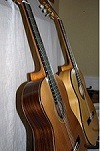






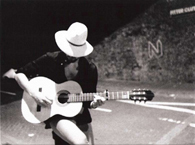
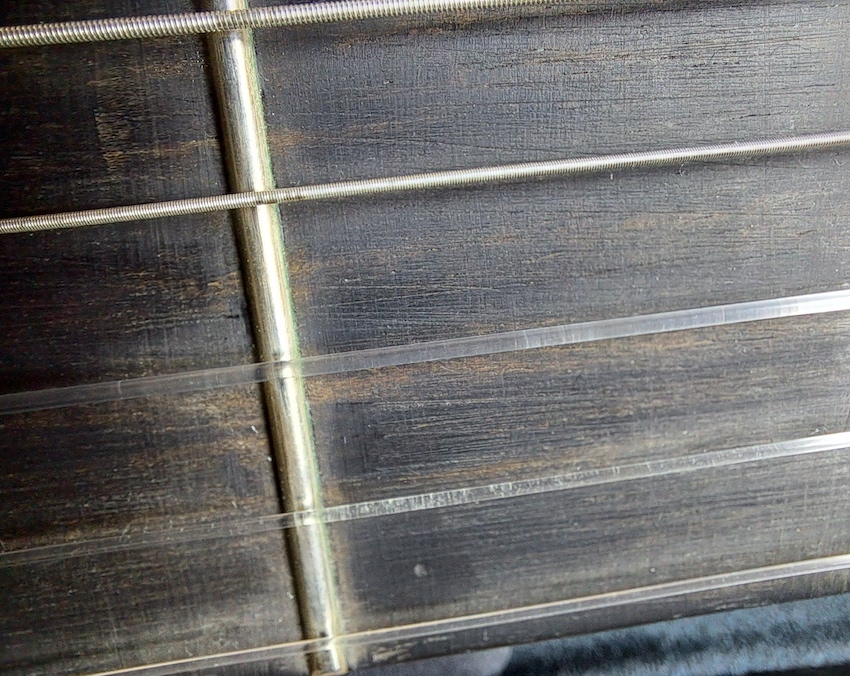
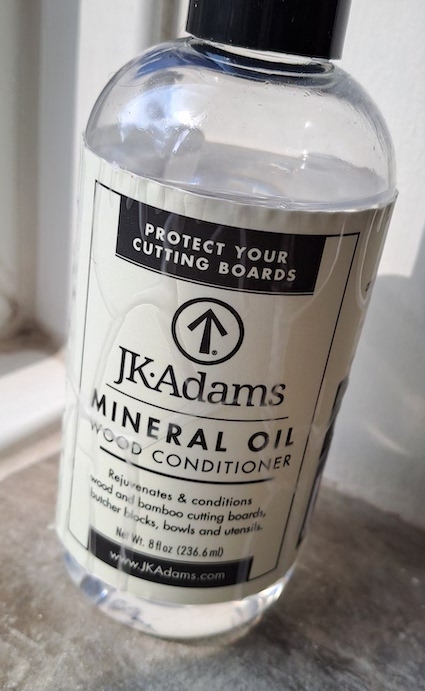




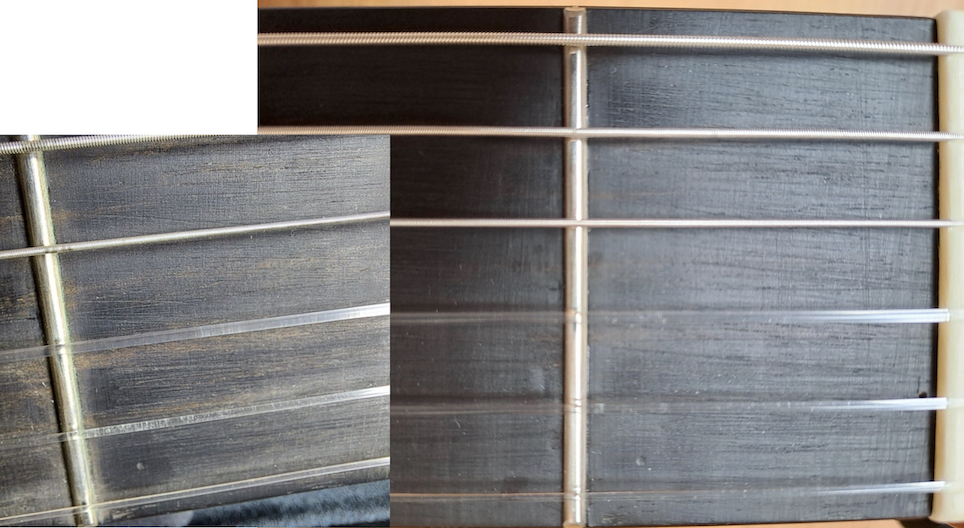
 New Messages
New Messages No New Messages
No New Messages Hot Topic w/ New Messages
Hot Topic w/ New Messages Hot Topic w/o New Messages
Hot Topic w/o New Messages Locked w/ New Messages
Locked w/ New Messages Locked w/o New Messages
Locked w/o New Messages Post New Thread
Post New Thread